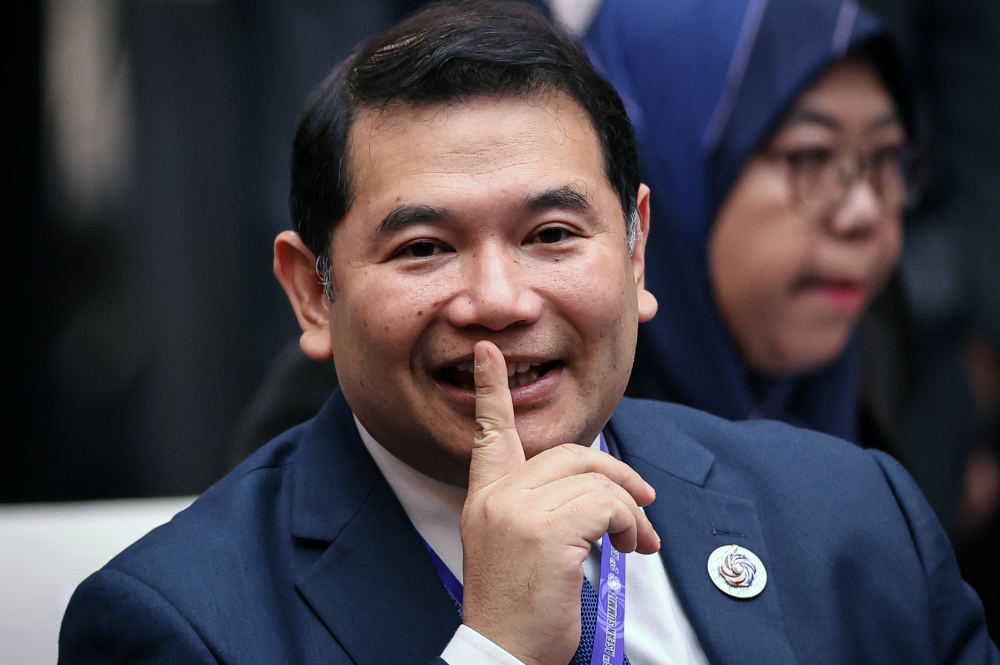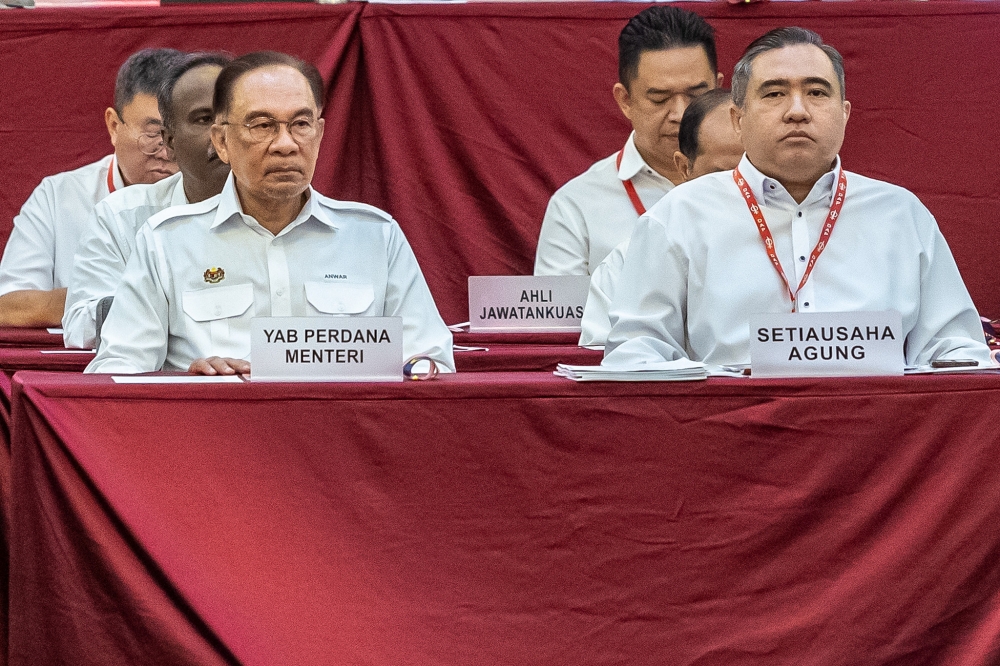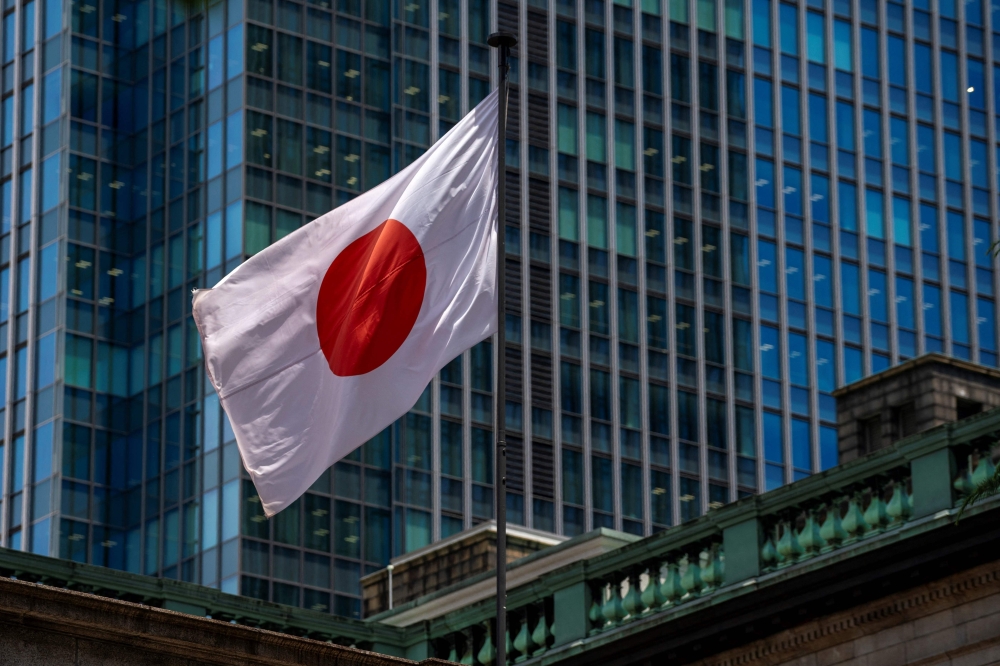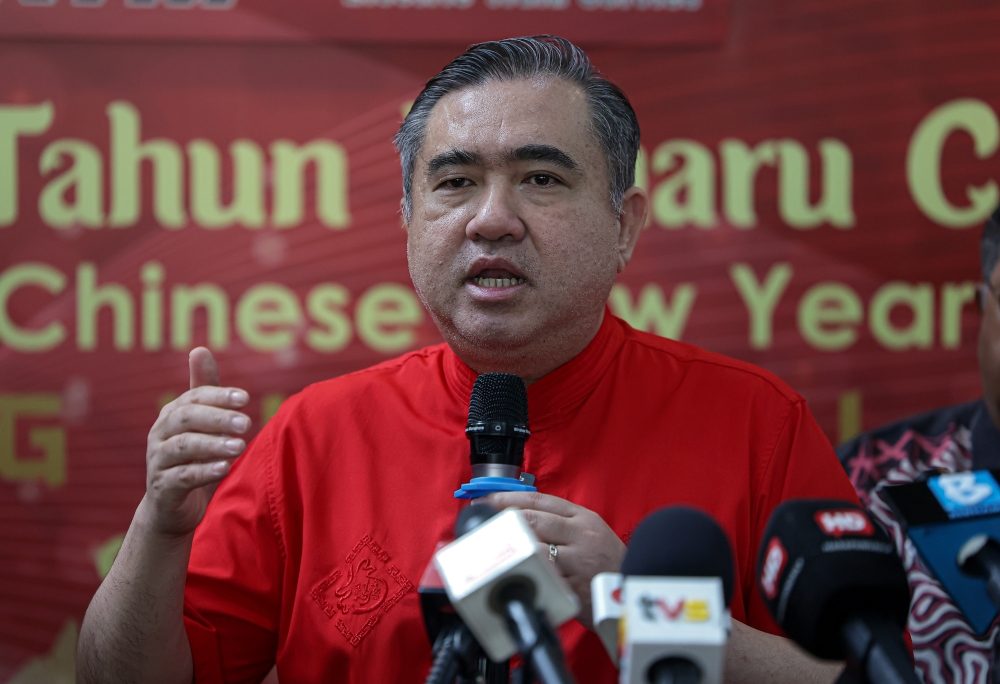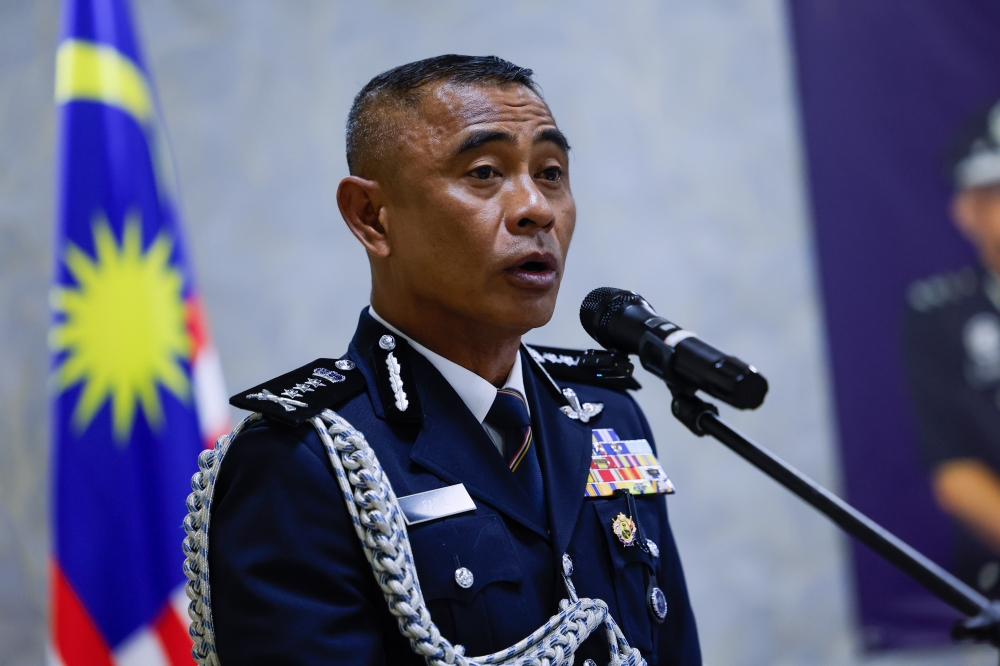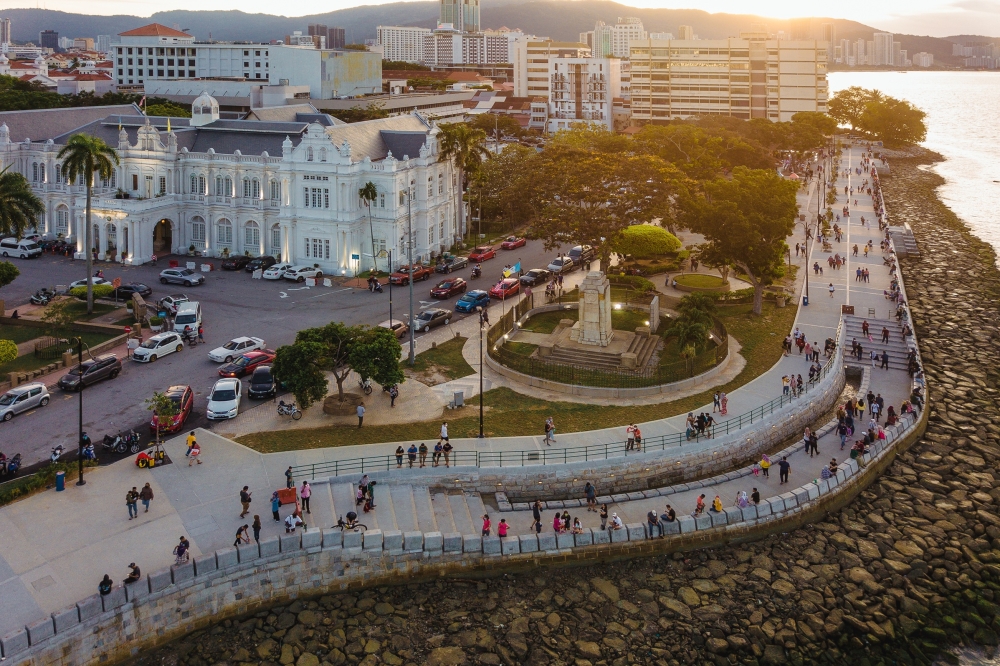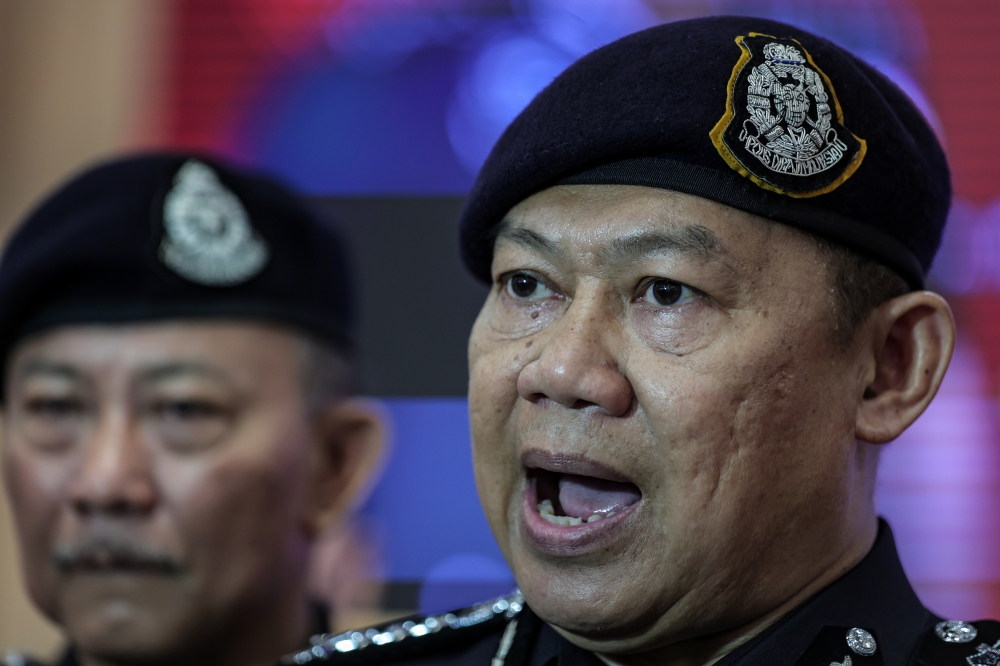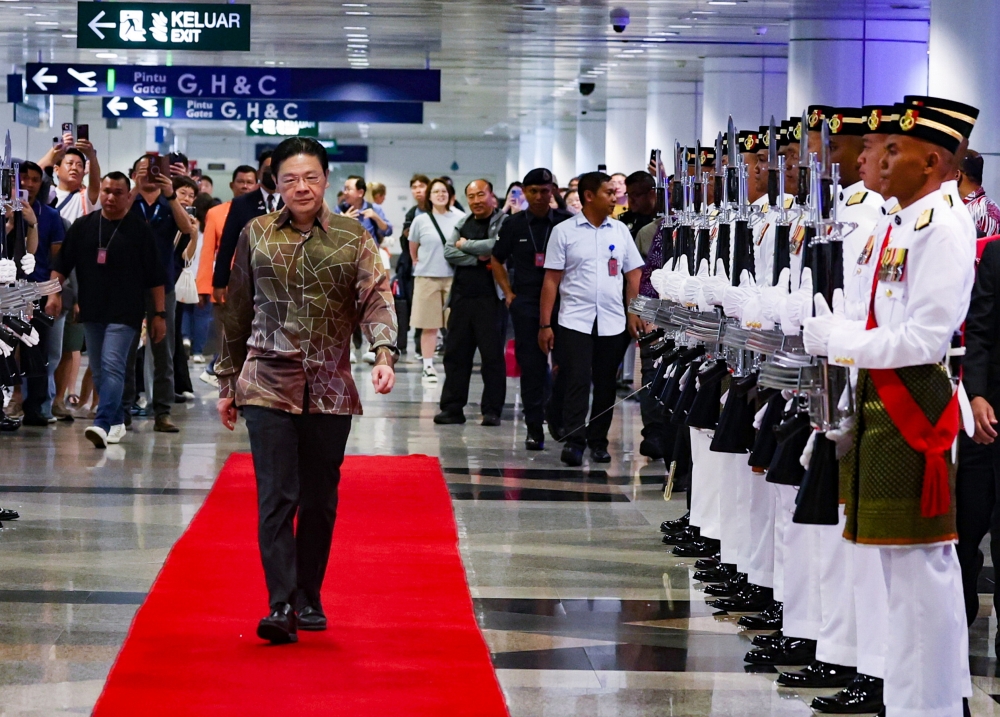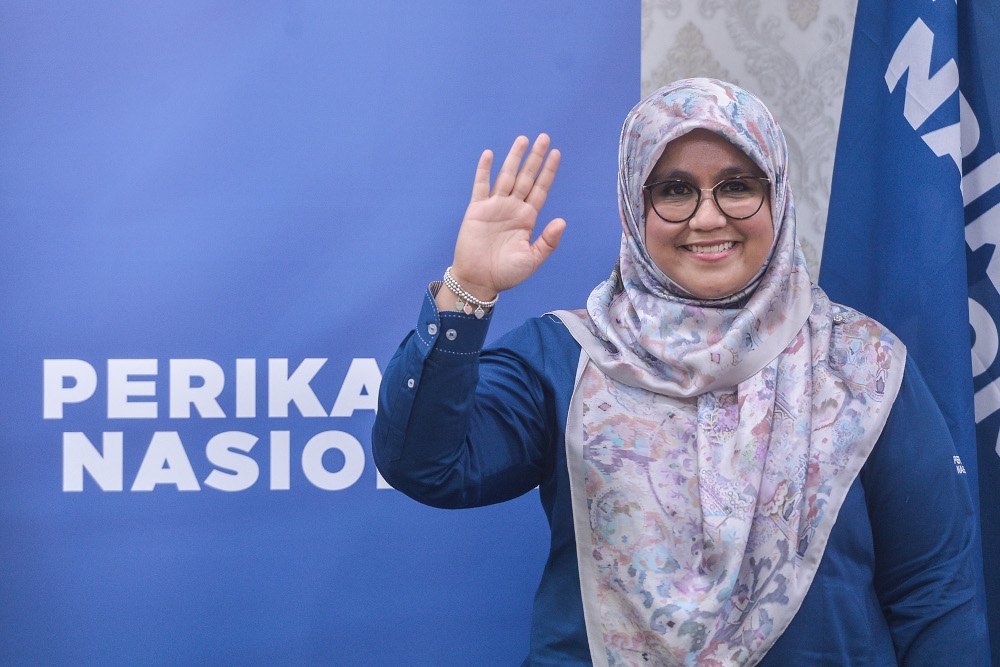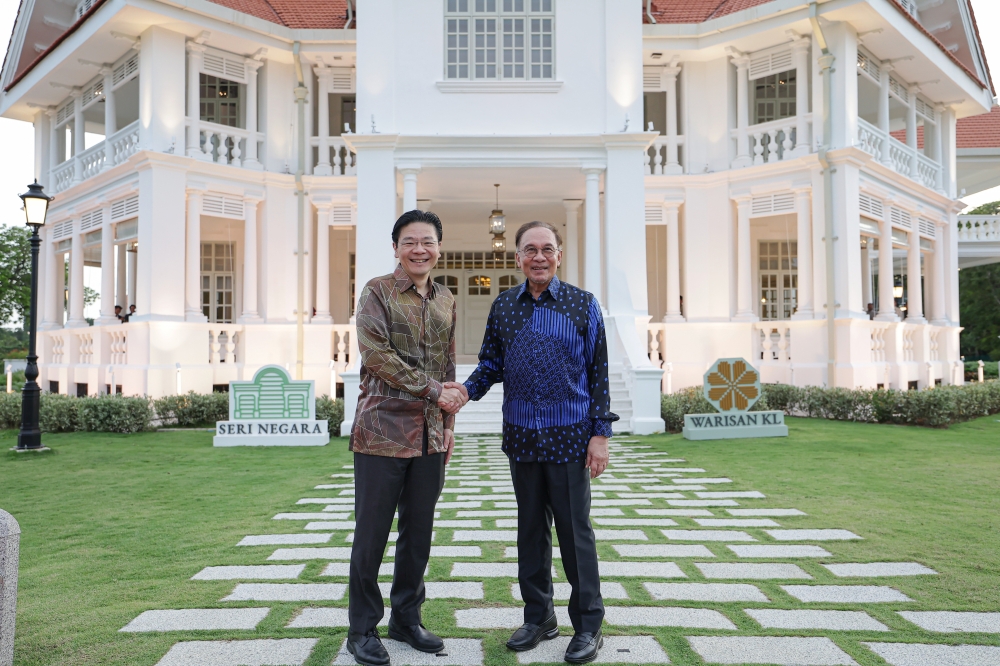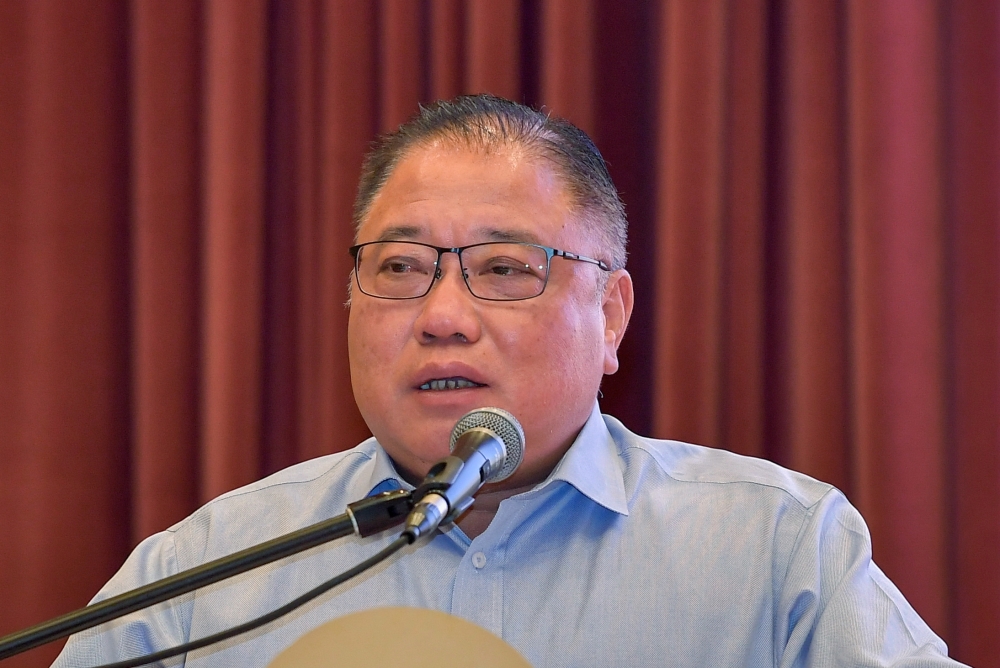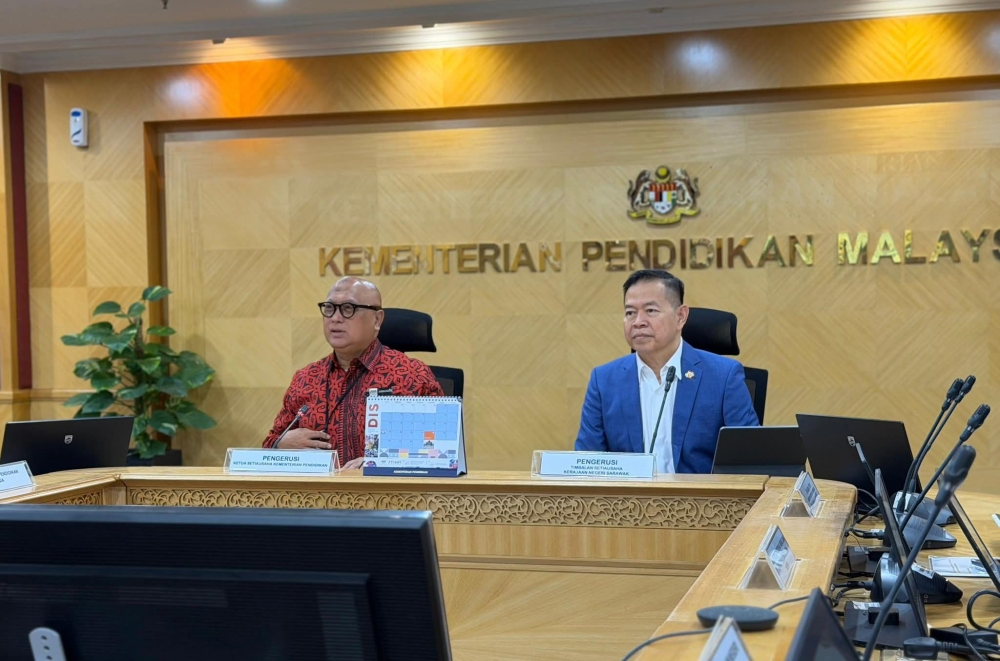KUALA LUMPUR, Dec 3 — Telekom Malaysia Berhad (TM) has signed up for pilot trials for access to Malaysia’s fifth-generation (5G) network wireless service, after its competitors pushed back against the rollout by state-controlled Digital Nasional Berhad (DNB), Singapore’s The Straits Times (ST) reported.
The report cited unnamed market sources, including personnel from the DNB; tasked with building the 5G infrastructure, as confirming that TM had agreed this week, to join the trials.
ST reported that with the intervention of Prime Minister Datuk Seri Ismail Sabri Yaakob in the matter, Celcom; that is under the government-linked multinational telecommunication corporation Axiata Group Berhad, is likely to follow in TM’s pursuit.
“The others are still considering. But the trials will commence by the end of December and people will be able to enjoy 5G for free so long as their telco provides it,” a DNB official reportedly said, under condition of anonymity.
ST reported that TM’s move will pressure four larger mobile competitors — with 40 million accounts between them, who prefer to have their own 5G network.
TM which provides most of Malaysia’s fibre, also has 2.5 million fixed broadband customers. However the report said that it is not known if it plans to roll out fixed wireless 5G, which would be cheaper and faster than the existing practice of pulling cables into homes and offices. TM also reportedly did not respond to queries.
Last month, DNB said it has not begun formal negotiations with local telecommunications firms for access to Malaysia’s 5G network as the applicable reference access offer (RAO) was not finalised.
In a statement, DNB described as inaccurate a Reuters news report on the matter, alleging that no major telco has subscribed to access Malaysia’s 5G network operated by the state-owned firm.
Reuters published a report claiming that none of Malaysia’s major mobile carriers have agreed to use the government’s 5G network yet due to transparency and pricing issues, ahead of a rollout planned for next month quoting a state agency and industry executives.
DNB also rejected the portion of the Reuters report that alleged 5G data costs to the telcos would be high, saying that it believed the cost per GB communicated to the telcos were significantly lower than if the firms each needed to maintain their own 5G network.
The Ministry of Finance’s (MOF) decision to deploy 5G via a single wholesale network (SWN) system had been criticised, with detractors likening the move to a monopoly. Critics, including Opposition lawmakers, claimed some of the risks linked to the SWN approach is poorer service quality and higher 5G service prices for end-users.
However, DNB officials have repeatedly dismissed the concerns.
Under the SWN approach, the government-owned DNB will deploy Malaysia’s 5G network with equal access to MNOs. This is in contrast with the current practice where MNOs have deployed parallel 4G networks.
DNB’s total cost estimation to build and deploy 5G in the country will be around RM16 billion, but The Star had quoted DNB’s chief executive, Ralph Marshall as saying that the cost could inflate to RM20 billion by 2030 as demand surges. It would have cost private companies up to RM30 billion to build the infrastructure, he suggested.
ST reported that some 500 towers will be 5G-ready in Kuala Lumpur, Putrajaya and Cyberjaya by the end of 2021, but DNB is expected to launch its trial in just a few weeks, with a media demonstration fixed for December 6. It said that about 80 per cent are existing towers owned by private telcos which have been outfitted with 5G masts and antennas.
The 5G network will be rolled out in phases nationwide, with Malaysia targeting an 80 per cent coverage in 2024.
The ST reported that Ismail Sabri himself was forced to step in, causing a series of briefings with politicians, stakeholders and the media.
Wholesale pricing remained confidential at the moment as engagement with mobile network operators (MNOs) continues.
The report again citing sources, said that a second draft is currently with the Malaysian Communications and Multimedia Council, after an initial proposal was rebuked by stakeholders.
“With the premier’s intervention, it is likely that another government-linked telco Axiata — it controls Celcom which is soon to merge with DIGI — will fall in line eventually, leaving Maxis and U Mobile as holdouts,” ST reported, adding that however, the companies will face pressure from customers should they be the only ones not providing 5G coverage.

